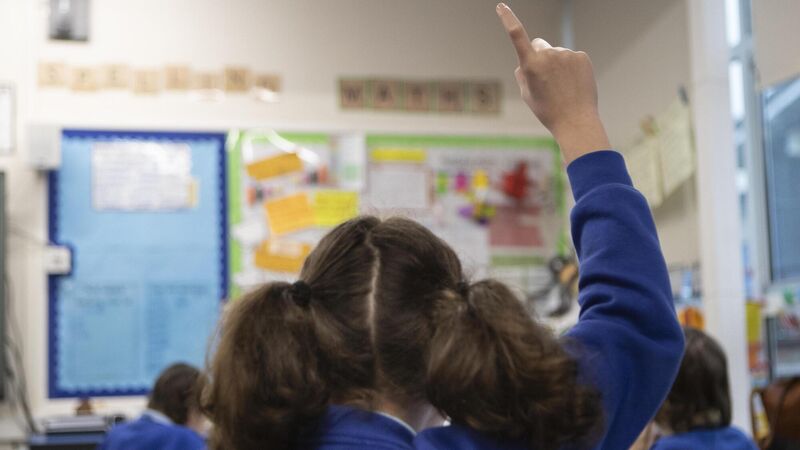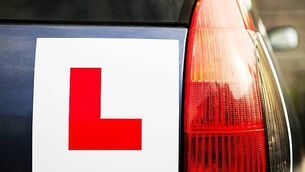Sustainability of special class growth questioned with amount almost doubling in four years

The report found that one parent had to apply to 60 schools before their child secured a place. Picture: Danny Lawson/PA
The number of special classes for autistic primary school pupils has almost doubled in four years, prompting school inspectors to question the “sustainability” of such growth.
The number of available special classes attached to mainstream primary schools grew from 1,000 in 2020 to 1,986 in September 2024.










